Flare 2019: Wicked Women by Anna Brownfield
The short documentary, Wicked Women, focuses on a radical BDSM magazine of the same name which turned the 1980s Australian gay scene upside down. The director, Anna Brownfield, talks to us about the amazing history of the magazine and the significance it still holds today.
HOW DID YOU GET INTO DIRECTING?
Growing up, I wanted to be an actor, but my mother sat me down and told me that only 5% of actors make a full-time living in Australia so I should get some other skills under my belt! After finishing high school and having a few years off to work and grow, I studied Media Arts and majored in film and video. Having an acting background, I found it easy to move into directing, and being an opinionated strong woman also helped!
WHERE DID THE CONCEPT OF THE STORY COME FROM?
While researching for my second erotic film, The Bedroom, I came across a mention of Wicked Women magazine and the role it played in the sex war between the pro-sex and anti-pornography feminists here in Australia.
I remember marvelling at how amazing it was that two women in the late 80s independently created this magazine. Wicked Women was a magazine that celebrated lesbian sexuality. Here were the pioneers for my own erotic work. They used what resources they had available to them and made it on their own terms.
They were exploring fantasies and sexual practices which were socially unacceptable for lesbians at the time but are now part of the sexual vernacular that lesbians and queers take for granted.
I wanted to make this film to celebrate and highlight the social and cultural significance of this time in lesbian culture.
DID YOU COME ACROSS ANY OBSTACLES DURING THE MAKING OF THE FILM? IF YES, HOW DID YOU OVERCOME THEM?
Initially, I planned to interview the two founding members, Jasper and Lisa, and the outgoing editor, Kimberly O’Sullivan. All of them were surprised why anyone would want to make a documentary about an underground magazine from the late 80s/early 90s! They saw it as a fun time but at the time didn’t see this “little” underground movement as having a lasting impact on lesbian/queer culture in Australia.
Twenty-five years on, their lives had changed dramatically, and they all expressed concern about how their involvement may impact on their lives.
A week before heading to Regional NSW to interview, Kimberly pulled out due to personal reasons. Lisa was interviewed but before post production began, decided to withdraw due to her living and working in a very conservative country.
Jasper, who is now involved with New Age Spirituality, spent time meditating on if he would be involved or not. He agreed to be involved as part of his currently personal and spiritual journey.
WHAT WAS THE BEST PART OF THE EXPERIENCE OF MAKING THIS FILM?
Having the honour of listening to stories of this time was the best experience of making this film. Wicked Women was created in a time before the internet, before mobile phones and talking with Jasper, Lisa and Kimberly, I got a sense that this was a time of great freedom. Lisa told me stories of being dressed in a dress made of tin, swinging on a swing, high above the dance floor at one of their infamous dance parties. Imagine trying to get that passed OH+S now!
HOW DID YOU FIND RESEARCHING THE CONTENT FOR YOUR FILM, BOTH THE HISTORY OF THE MAGAZINE ITSELF AND THE WOMEN WHO READ IT AND SAW THE REACTION IT RECEIVED?
I’m very lucky that in Melbourne we have access to the awesome resource that is ALGA (Australian Lesbian and Gay Archives). They have been collecting and archiving since the 1970s. They a complete set of the magazines and the personal archives of Jasper Laybutts and Lisa from that time.
WHAT DO YOU WANT THE AUDIENCE TO TAKE AWAY FROM YOUR FILM?
I think Japser sums it up best “…if you cannot find self-expression the you just create a whole new world. You create a subculture. You create and carve for yourself a place where you can find authentic self-expression.”
WHAT’S NEXT FOR YOU?
I’m currently working on two documentaries and a musical feature film. One of the documentaries is called A Big Life and is about the life of Bobbie Nugent who was part of the Butch and Femme scene in Melbourne and Sydney in the 1950s and 1960s. They transitioned in the early 1970s, but before then they travelled extensively through Asia as the World’s strongest woman. The other is a documentary, entitled Doing It Her Way looks at the rise of feminist porn. The musical is a telemarketing musical that is a lesbian love story called Talk to Me!
ONLY 4% OF THE HIGHEST GROSSING FILMS IN THE PAST DECADE WERE DIRECTED BY WOMEN, BEING A FEMALE DIRECTOR CAN BE DISHEARTENING IN THIS ENVIRONMENT. WHAT WOULD YOUR ADVICE BE FOR ASPIRING FEMALE DIRECTORS OUT THERE?
Believe in your voice and the stories you want to tell. Don’t compare yourself to others, work hard but be gracious about the opportunities you are given. Also find a mentor. Having someone more experienced than myself who helped and guided me has been invaluable.
Interview by Sophie Duncan & Caris Rianne
Wicked Women is showing in the MAKING HISTORY shorts collection on Wed 27 March and Sat 30 March. For tickets and information please visit here. You can view the trailer below along with links to the film makers social media platforms.



